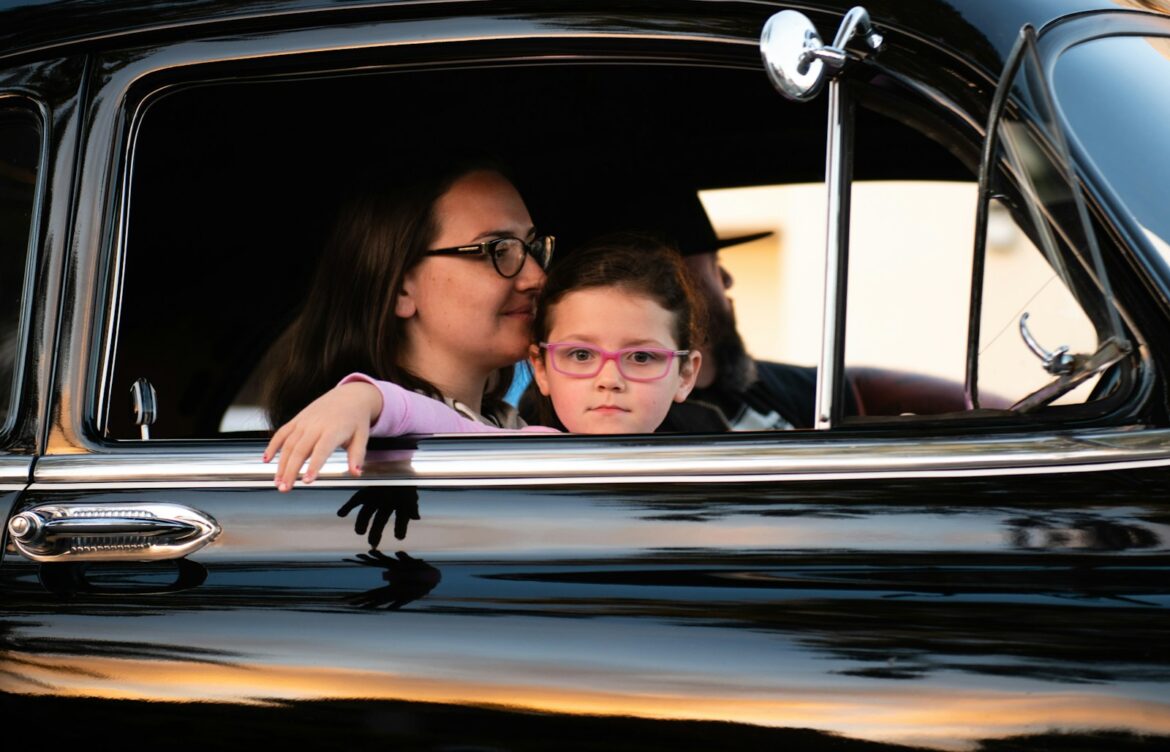
How Parents Can Prepare Their Families for Car Accidents
Parenting often means preparing for the unexpected, whether it’s a scraped knee on the playground, a surprise school project, or, in more serious cases, a car accident. Road incidents are among the most stressful situations for families, not just because of the immediate shock but also because of the uncertainty that follows. Knowing how to respond and how to protect your loved ones can make all the difference.
The Immediate Steps After an Accident
When an accident happens, parents often feel an overwhelming sense of responsibility to keep everyone safe and calm. Here are some steps that help ground the situation:
- Check for injuries first. Even if the accident seems minor, ensure all passengers, especially children, are physically okay.
- Move to safety. If possible, get your family to a secure spot away from traffic.
- Call emergency services. Quick communication ensures medical attention and proper reporting.
- Document the scene. Take photos, gather driver details, and note down witness information.
These steps may feel obvious in hindsight, but in the moment, emotions run high. Having a mental checklist helps parents act with clarity.
Extra Tips for Parents
- Keep a small notepad and pen in the glove box for recording details quickly.
- Teach older children and teens how to use their phone’s emergency features.
- Store a reflective vest and a warning triangle in your trunk for added roadside safety.
Helping Children Process the Experience
Accidents are frightening for kids. Even if they aren’t injured, the event can leave lasting emotional effects. Parents can help by:
- Reassuring them of safety. Children often need to hear from a calm adult that they are secure and cared for.
- Encouraging open conversation. Let your kids share what they felt and ask questions about what happened.
- Normalizing their feelings. Fear, confusion, or even guilt (“Was it my fault?”) are common reactions.
Reinforcing a sense of stability after a stressful event helps children regain trust and confidence when returning to the car.
When to Seek Extra Support
Some children may show ongoing signs of stress, like nightmares, reluctance to travel, or anxiety when hearing sirens. In these cases, seeking help from a counselor or child psychologist can provide coping strategies and reassurance.
Why Insurance Matters for Families
After ensuring safety, the next challenge is navigating the aftermath, and this is where insurance becomes critical. Parents often juggle many financial responsibilities, and a sudden accident can strain family budgets. Understanding your policy details before an incident occurs can save time and stress when it matters most.
This is especially important in unpredictable cases, such as hit-and-run incidents. Parents may wonder what their options are if another driver causes harm and then disappears. In these situations, knowing whether you have insurance coverage after a hit-and-run can be a lifeline. Many insurance plans may only cover damage to your vehicle or medical expenses in certain accidents, so you should check your insurance plan for the following insurance gaps:
- Uninsured/underinsured motorist coverage. This is often overlooked but can protect families when the other driver cannot pay.
- Medical payments coverage. Helps cover healthcare costs for you and your passengers regardless of fault.
- Rental car reimbursement. Critical if your family relies on a vehicle daily.
Discussing these details with your insurance provider before an accident ensures you’re not left with surprises later.
Preparing Teens for the Road
For families with young drivers, preparing teens for the possibility of an accident is just as important as teaching them how to drive safely. Conversations might include:
- What to do immediately if they’re involved in an accident.
- How to contact parents and emergency services.
- Why documenting details and staying calm is essential.
These discussions don’t have to be fear-based. Instead, frame them as empowering lessons that give teens confidence to handle difficult situations responsibly.
Teaching Responsibility Beyond Driving Skills
Encourage teens to:
- Always carry their insurance card and ID.
- Keep emergency contacts saved on speed dial.
- Take a defensive driving course, which not only sharpens skills but may also lower insurance premiums.
Building a Family Road Safety Plan
While no one can predict every event, parents can reduce uncertainty by creating a plan together. A family road safety plan might include:
- Emergency contacts.
- A checklist of what to keep in the car (first-aid kit, flashlight, emergency numbers).
- Reviewing insurance details annually as a family.
Adding Layers of Protection
- Set up a designated “family contact person” whom everyone calls first in emergencies.
- Practice mock scenarios with children (like role-playing calling emergency services).
- Teach kids how to describe their location if they’re ever in a car without adults.
This approach not only prepares parents but also models responsibility and foresight for children.
Legal and Practical Considerations After an Accident
Beyond the emotional toll, parents may face legal and administrative hurdles:
- Filing police reports. Essential for insurance and, in some cases, legal protection.
- Understanding timelines. Many states have strict deadlines for reporting accidents and filing claims.
- Seeking legal advice. If injuries are serious or liability is unclear, consulting a legal professional ensures your family’s rights are protected.
These steps may seem daunting, but approaching them methodically ensures you don’t miss critical protections.
Turning the Unexpected Into Preparedness
Car accidents are never part of a family’s plan, yet being proactive about safety and coverage helps soften the blow when they do occur. Parents can’t eliminate every risk, but they can create a sense of preparedness and stability that reassures their children.
By taking practical steps, fostering open conversations, and understanding insurance protection, families can face the unexpected with resilience and confidence. And most importantly, children learn through these actions that even in moments of crisis, their family has the strength and structure to get through it together.
 Mattie Hubbard is a distinguished figure in the field of sustainable agriculture, known for her innovative approaches to environmentally friendly farming practices. With a deep-rooted passion for the earth and a commitment to ecological balance, Mattie has become a leading voice in promoting sustainable methods that benefit both the environment and the farming community. Her work often involves integrating traditional agricultural knowledge with modern techniques to create systems that are both productive and sustainable.
Mattie Hubbard is a distinguished figure in the field of sustainable agriculture, known for her innovative approaches to environmentally friendly farming practices. With a deep-rooted passion for the earth and a commitment to ecological balance, Mattie has become a leading voice in promoting sustainable methods that benefit both the environment and the farming community. Her work often involves integrating traditional agricultural knowledge with modern techniques to create systems that are both productive and sustainable.
